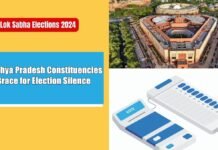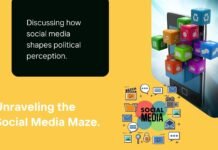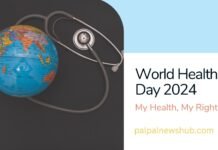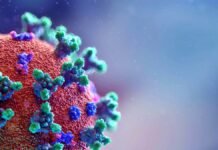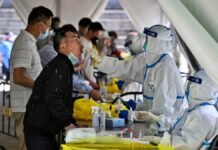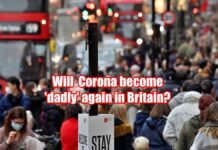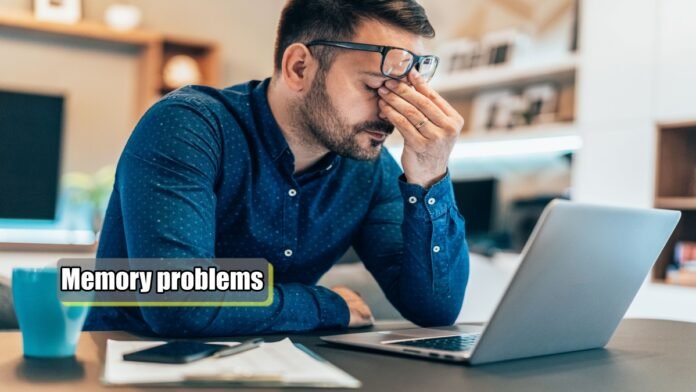
The onset of the COVID-19 pandemic has hit the global economy very badly, putting an enormous burden on the health system and causing a sudden change in our daily lives. Intuitively, it seems logical that the stir caused by the pandemic created many memorable moments in our lives at that time. Many people say that he had bad memories of the lockdown. At the same time, many of us felt forgetful during the months of social isolation. It is not yet clear what exactly causes such experiences with memories, but well-established theories of cognitive psychology may explain this situation well.
A sense of belonging:
Autobiographical memories connect to our memories of events and common sense that make up our sense of self. Interestingly, research into autobiographical memory shows that adults over the age of 30 remember a disproportionately large number of events from the later days of adolescence and the early days of adulthood. This strengthening effect is known as a memory bulge (Remnison’s bump).
The theory of transition states that this effect occurs because the early adulthood stage is a period of change during which we experience new events, meet new people, and visit new places. The newness of these experiences keeps them in the memories.
Conversely, when we are attached to something for a long time, like being in the same job for many years. So our activities are less diverse. As a result, general memories of daily events are likely to be more effective than personal memories for specific events. This theory is also confirmed by the finding that major life changes, such as immigration or major career changes, have the same effect on the number of memories we receive throughout life.
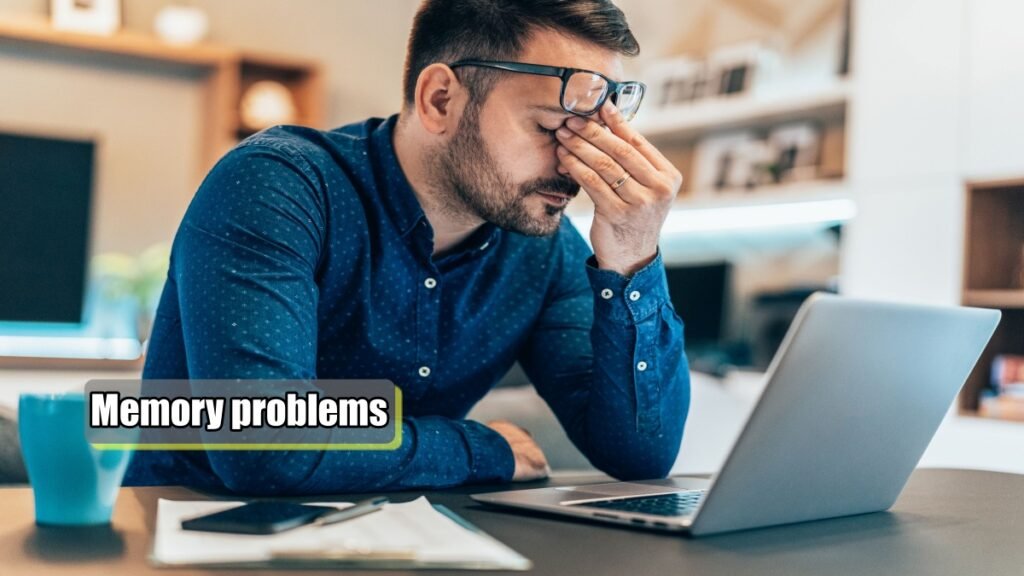
Extreme Stability:
The COVID-19 lockdown has forced a change in our behavior patterns to suit a transitional period. We suddenly stopped interacting with many of our acquaintances, going to work or school, and participating in social activities. Infection theory predicts that we should have memories of more specific events from the time when public health measures were first implemented.
However, unlike normal life transitions, during the lockdown, one set of routine activities was not replaced by another. Instead, our day-to-day activities became significantly less diverse, and we participated in far fewer new activities. Many of us have transitioned from a period of relative stability to a period of extreme stability.
As a result, transition theory assesses that we should have fewer specific events and memories than the duration of the lockdown. To test these predictions, psychologists Norman Brown and Emin Henoy from the University of Alberta conducted a research study where they asked participants to recall ‘memorable, interesting or important events’ between September 2020 and August 2021. Their results showed that participants remembered more events in the first month (March 2020) of the COVID-19 lockdown than the months before and after the public health restrictions were imposed.

















